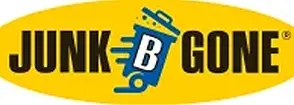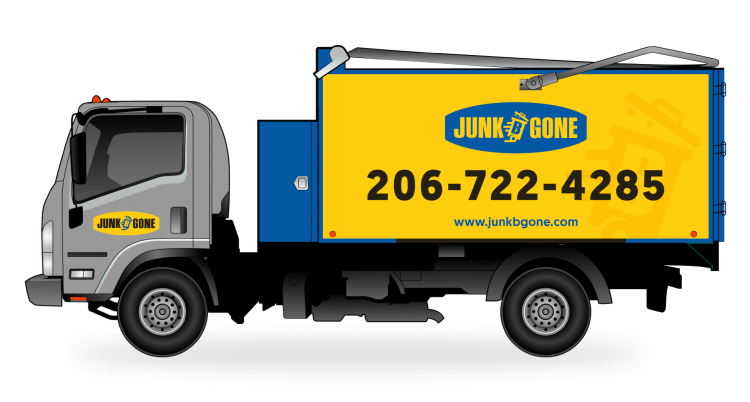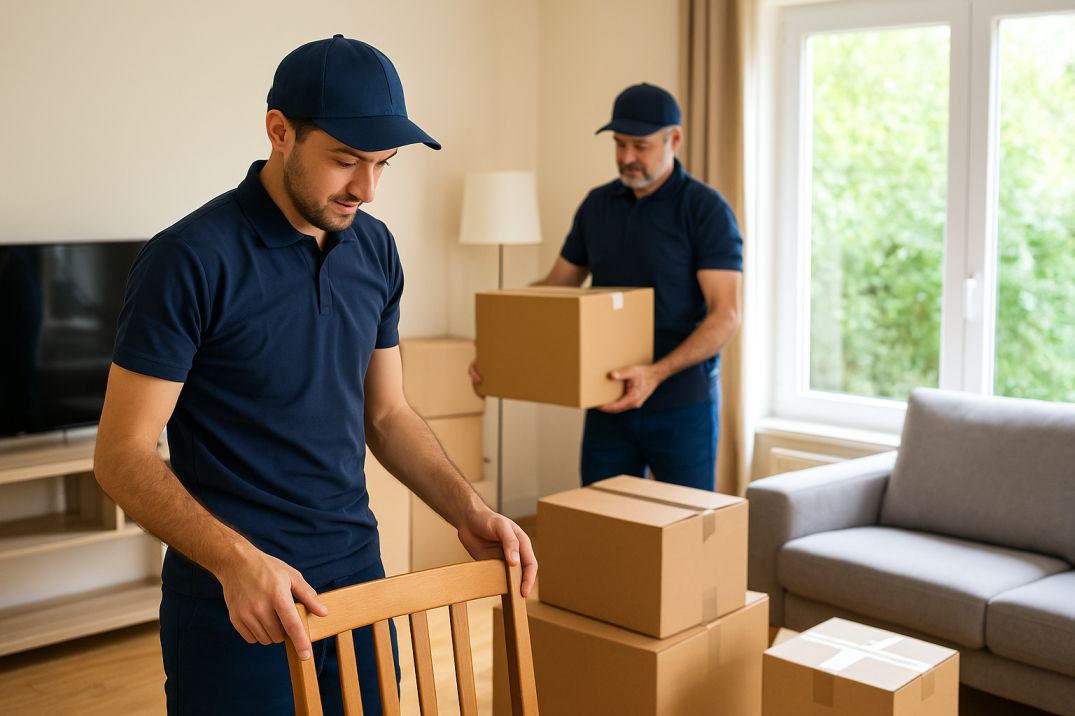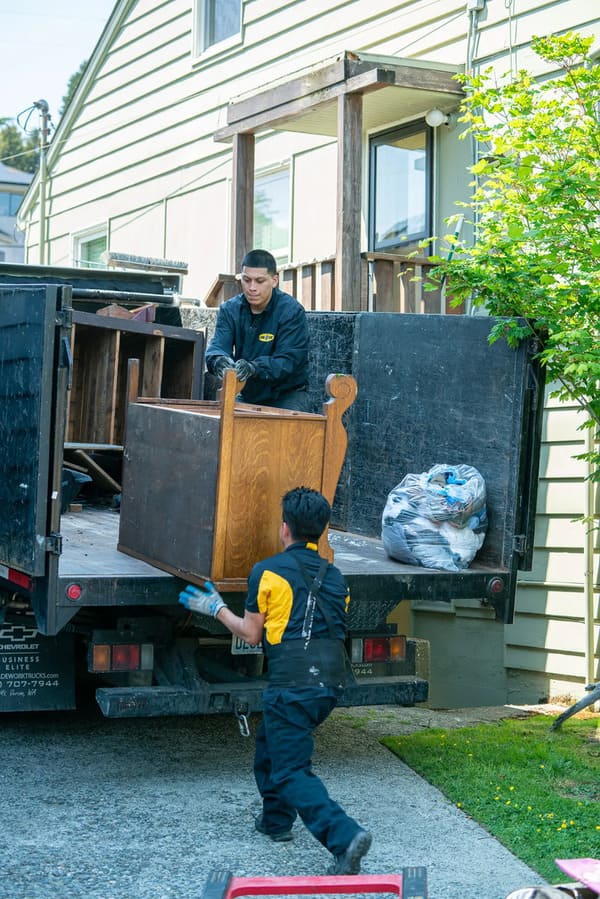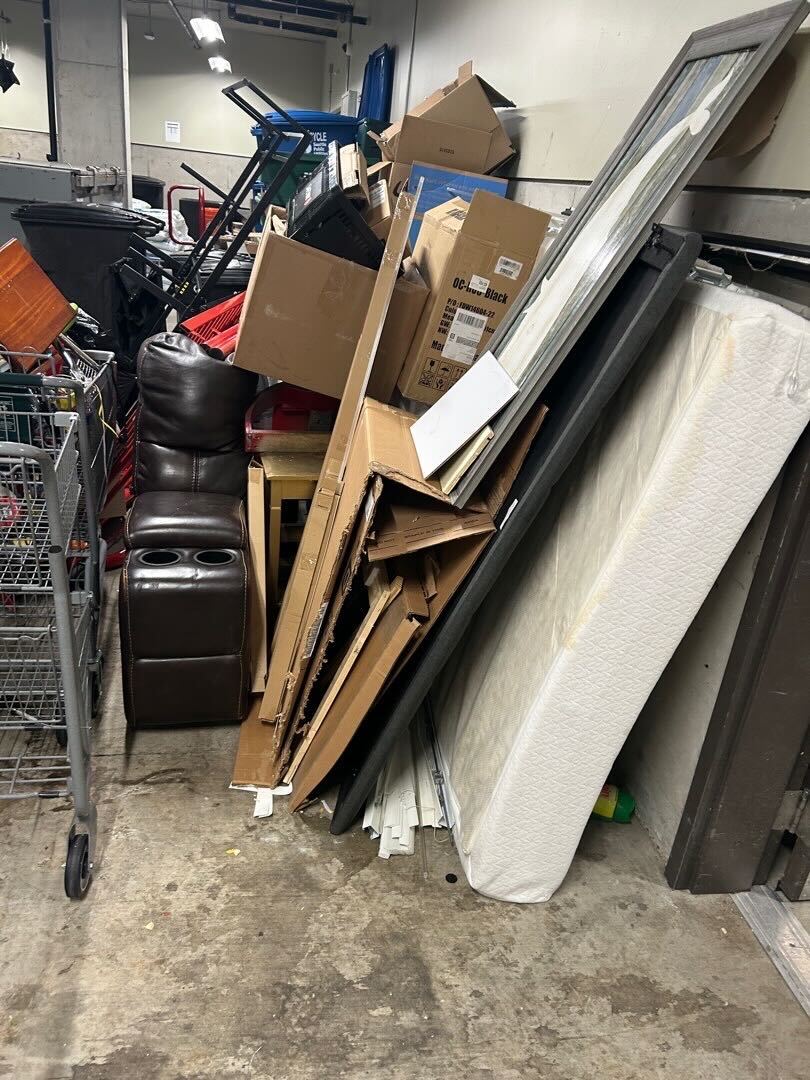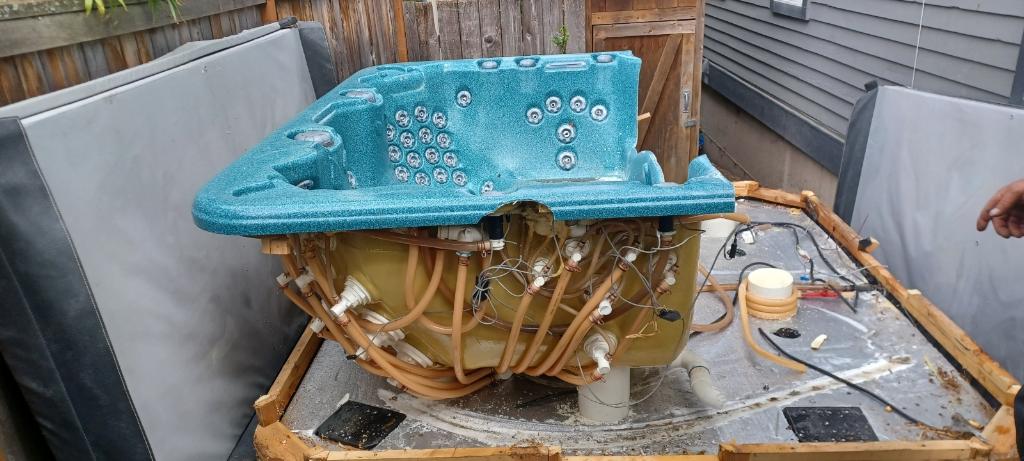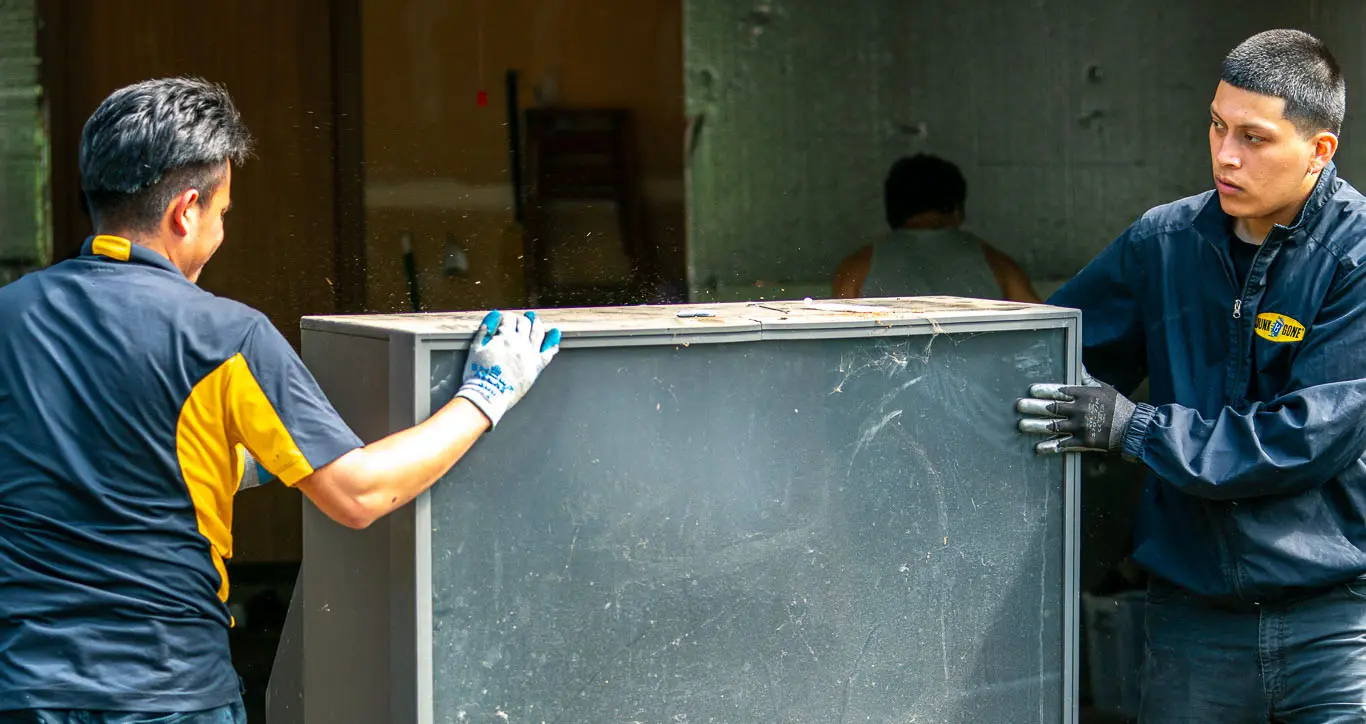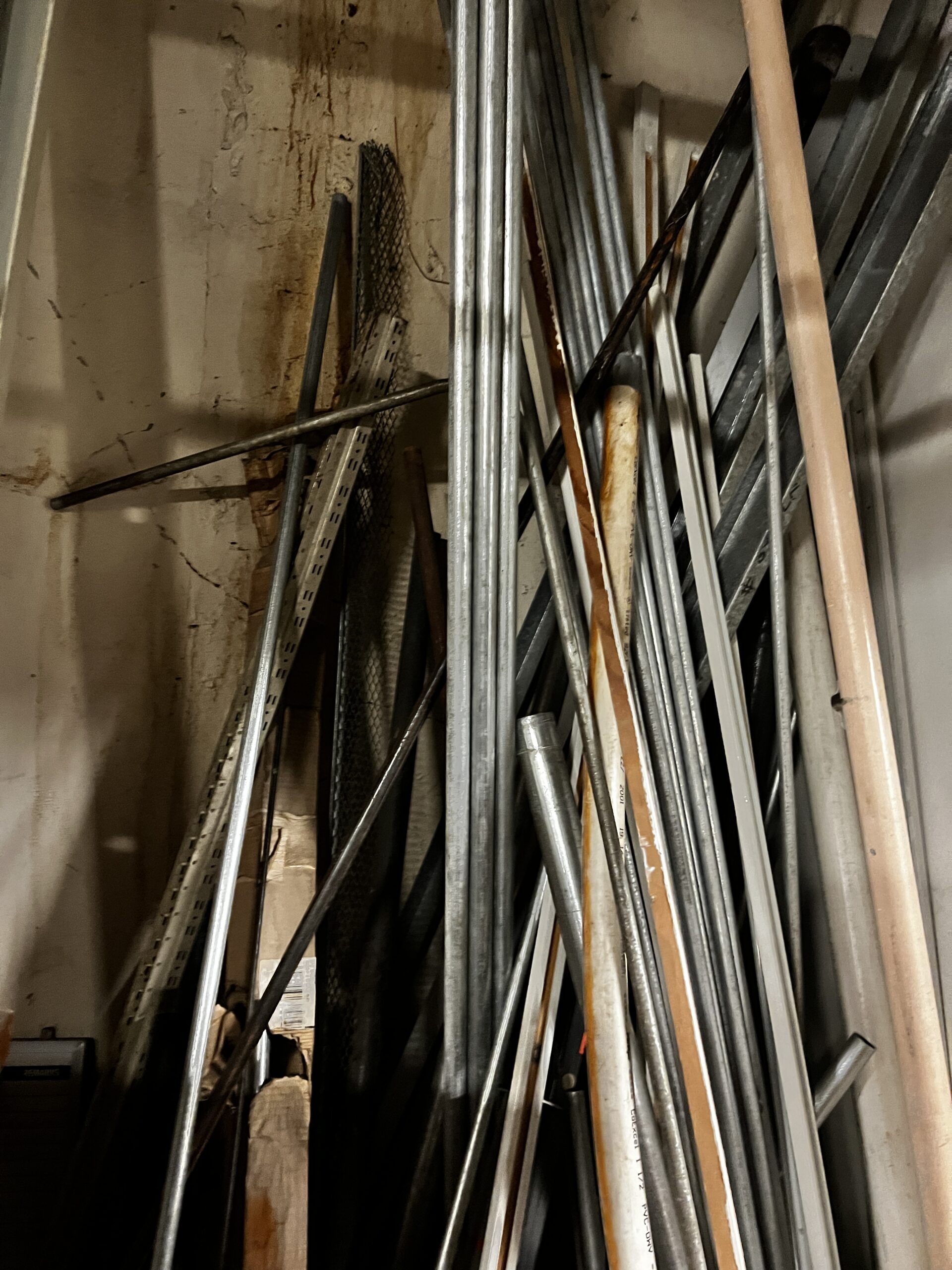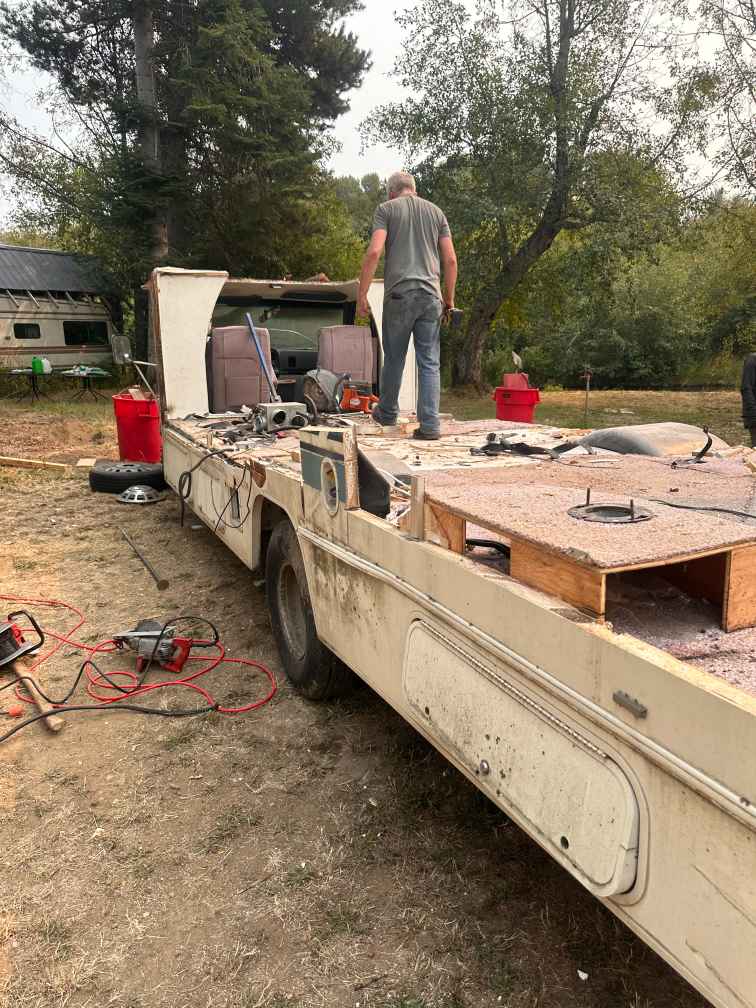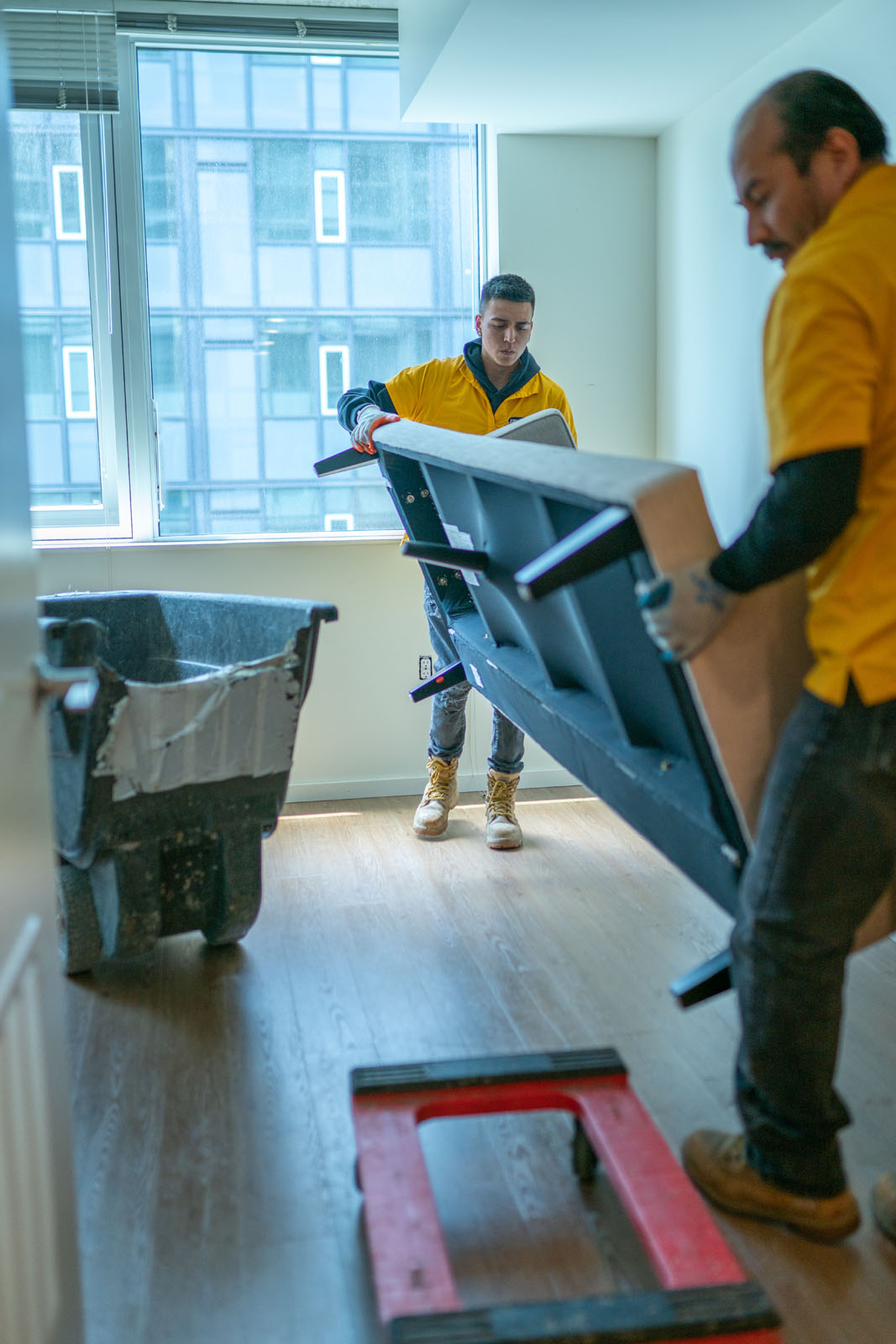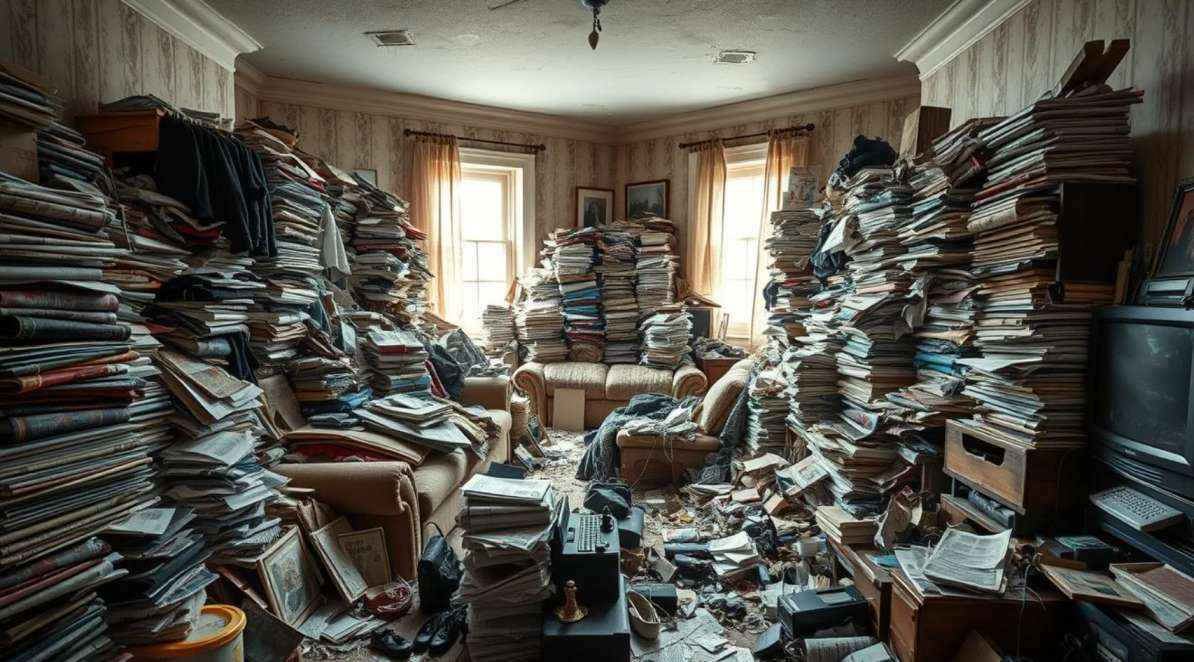Known for its lush landscapes and commitment to the environment, Seattle stands at the forefront of recycling and waste management efforts. This city’s dedication to sustainability is more than just talk; it’s woven into the very fabric of daily life, from residential streets to bustling business districts.
Understanding and adhering to Seattle’s recycling rules is more than a civic duty; it’s a crucial part of maintaining the city’s natural beauty and environmental health. These rules aren’t just guidelines; they’re a blueprint for reducing waste, conserving resources, and minimizing our ecological footprint. For Seattleites, following these rules is a shared responsibility, one that ensures the city remains a leader in environmental stewardship.
Every bottle recycled, every paper sorted, and every compost bin filled represents a collective effort towards a cleaner, greener Seattle. It’s about taking pride in our city and playing an active role in preserving it for future generations. As we delve deeper into Seattle’s recycling rules, remember: each small action contributes to a larger, more impactful environmental movement.
Residential Recycling Rules in Seattle
Understanding What to Recycle in Seattle
Recycling is more than a routine; it’s a crucial part of our commitment to sustainability. As residents, it’s essential to understand what should and shouldn’t go into our recycling bins. The city’s guidelines are designed to streamline the recycling process and prevent issues that can arise from improper disposal.
The Challenge of ‘Wishful Recycling’
Seattle has experienced the challenges of “wishful recycling,” a well-intentioned but misguided practice where residents recycle items without verifying if they’re acceptable. This optimism, while commendable, can lead to significant problems in recycling facilities. Items like individual sandwich bags, although seemingly recyclable, can actually entangle in the machinery, causing delays and disruptions in the sorting process.
The key to effective recycling in Seattle lies in understanding that only the purest forms of materials are suitable for the process. This isn’t about creating obstacles for residents or increasing service charges; it’s about adapting to the evolving market for recyclables. The global landscape for recycling has shifted, with many countries now rejecting materials from the US due to contamination from “wishful recycling.”
Adhering to Seattle’s Recycling Standards
To ensure that our recyclables find their way to the right facilities, it’s crucial to adhere to Seattle’s specific recycling standards. These regulations reflect a commitment to environmental responsibility and the need to maintain the quality of materials being recycled. By staying informed and following the city’s guidelines, Seattle residents can play a pivotal role in reducing waste and supporting the global recycling market.
So keep it clean and as simple as possible, and remember this list while you are sorting your waste:
Aluminum and Tin Cans: Keeping It Clean and Green
- Clean Aluminum Foil and Trays: These are recyclable, but only if they’re free of food stains. Any residue can contaminate the recycling process, so if you can’t clean them completely, it’s better to put them in the garbage bin.
- Soda Cans and Metal Food Cans: Regular items like soda cans and cans used for veggies, fruits, and other foods are recyclable. Just make sure they’re empty and rinsed.
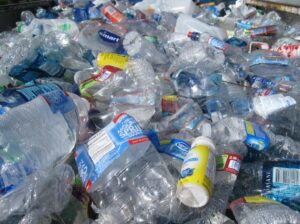
Plastic: Not All Are Created Equal
- Specific Plastic Items: Seattle accepts certain types of plastic for recycling. This includes cleaned plastic plant pots (without soil), plastic cups, shampoo and conditioner bottles, household cleaner bottles, detergent and fabric softener bottles, and yogurt, dairy, and margarine tubs.
- Recycled Water Bottles: In Seattle, water bottles made of plastic are recyclable, but they should be empty and rinsed.
Paper Products: From Reading to Recycling
- A Wide Range of Paper: Seattle’s recycling program accepts newspapers, mail (including windowed envelopes), cereal and dry food boxes (without plastic liners), frozen food boxes, paperback books, phone books, magazines, catalogs, non-foil wrapping paper, juice boxes, broth containers, ice cream and milk cartons, and paper cups.
- Special Note on Wrapping Paper: Ensure it’s non-foil and not cellophane.
Cardboard: The Basics
- Plain Cardboard Only: Cardboard is recyclable as long as it doesn’t have a waxy or plastic coating. There’s a size limit of 3 ft. x 3 ft.
- Tip: Remember to remove all tape from cardboard boxes before recycling.
Glass Jars and Bottles: Handle with Care
- Unbroken and Clean: All glass containers should be unbroken and cleaned before recycling. This includes jars and bottles of any color. Broken glass is not accepted in the recycling bin.
Metal: Heavy-Duty Recycling
- Weight and Size Limits: Metal items less than 35 pounds and smaller than 2 ft. x 2 ft. can be recycled. This includes items like small metal appliances or tools.
What Should You Compost in Seattle?
Ever wondered what goes into your compost bin in Seattle? Composting is a fantastic way to reduce waste and contribute to a healthier environment. But it’s not just about tossing in any organic matter. Let’s dive into what should be composted and how to do it effectively.
Food and Food-Soiled Paper Products: The Composting Staples
- The Basics: In Seattle, composting isn’t limited to just food scraps. It also includes food-soiled paper products like paper towels, napkins, and cardboard. These items play a crucial role in balancing your compost mix.
- Layering Your Compost: A successful compost pile is all about balance. Layer your food scraps with yard waste and paper. This not only aids in decomposition but also helps control odors and pests.
- Regular Maintenance: To keep your compost healthy, turn it over once a month with a hayfork or shovel. This aerates the pile and speeds up the composting process.
- What to Avoid: Keep plastics, glass, metal, liquid waste, cooking oil, fruit stickers, pet waste, and litter out of your compost. These items can contaminate your compost and are not biodegradable.
Yard Waste: Green Goodness for Your Compost
- Grass Clippings and Leaves: These are composting gold. They break down quickly and add essential nutrients to your compost.
- Pruning Remnants: Twigs, small branches, and roots from pruning can be added. Just make sure they’re broken into smaller pieces to speed up decomposition.
Food Scraps: From Kitchen to Compost
- All Things Plant-Based: Fruit and vegetable scraps, bread, pasta, grains, eggshells, nutshells, coffee filters and grounds, and tea bags are perfect for composting.
- Avoid Animal Products: Keep meats, poultry, fish, and bones out of your compost. They attract pests and can create unpleasant odors. Dairy products should also be avoided for the same reasons.
*Tip: Keep meats, poultry, fish, and bones out of your compost since they will attract pests by smell. Even if you have an animal-proof composting container they will still search it because of the smell. Dairy products can also attract unwanted visitors.
Food-Soiled Paper: Not for Recycling, Perfect for Composting
While you cannot recycle paper that has been soiled by food (not anything else)
- Greasy Pizza Boxes: These can’t be recycled, but they’re great for composting. Just remove any plastic trays or condiment packets.
- Paper Towels and Napkins: As long as they’re free of cleaners or chemicals, they’re compostable.
- Shredded Paper and Uncoated Paper Plates: Small amounts of shredded paper and uncoated paper plates (those without a shiny surface) can go into your compost.
*Uncoated paper does not have a shiny surface.
*Tip: Currently, the regional composting facility does not accept compostable plates, cups, and utensils. As they do not break down fast enough. You can still use them in your personal compost bin.
Composting in Seattle is an easy and impactful way to contribute to a greener city. By following these guidelines, you can turn your everyday waste into a valuable resource for your garden and the environment.
What Shouldn’t Go in Your Seattle Recycling Bin?
Being eco-conscious is a way of life, and recycling is a big part of that. However, not everything can be tossed into the recycling bin. Understanding what to exclude is crucial for effective recycling. Let’s explore the items that should stay out of your recycling bin and find out the best ways to handle them.
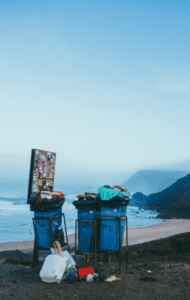
Plastics: Beyond the Bin
- Preformed Plastic Packaging and Take-Out Containers: These items often can’t be recycled due to their material composition and contamination levels.
- Styrofoam and Polystyrene: From packaging peanuts to cups and egg cartons, these materials are a recycling no-go. However, they can often be reused for packing or donated.
- Plastic Bags and Dry Cleaner Bags: While not accepted in regular recycling, they can be recycled at specific drop-off locations. Check the Seattle guidelines for more details.
*Tip: Reuse packing peanuts and any packaging materials as much as possible. Formed styrofoam can be broken down and used as a homemade packing peanut.
Paper Products: When Recycling Isn’t an Option
- Disposable Diapers and Contaminated Paper: These items are not suitable for recycling due to hygiene and contamination issues.
- Specialty Paper: Ribbons, foil wrapping paper, and wax-coated cardboard are non-recyclable.
- Hardback Books: Instead of recycling, consider donating them to local charities or schools.
*Tip: Donate books to a local charity or school.
Glass and Ceramics: Handle with Care
- Non-Recyclable Glass: Mirrors, window glass, and broken glass should be disposed of safely but not in the recycling bin.
- Ceramics and Certain Bulbs: Items like dishes and incandescent bulbs are not recyclable. CFLs require special disposal due to their mercury content.
Aluminum and Tin: Not Everything Goes
- Aerosol Cans and Paint Cans: Empty aerosol cans are often recyclable, but paint cans need special handling. Solidify the paint with kitty litter or paint hardener before disposal.
*Tip: Dry out paint before putting it in the garbage – mix with kitty litter or paint hardener.
Metal: Sharp and Greasy Items
- Hazardous Metal Waste: Sharp or greasy metal, metal caps, and lids are not suitable for recycling.
- Clothes Hangers and Small Appliances: These can often be donated instead of thrown away.
*Tip: Donate clothes hangers to a local charity.
Other Non-Recyclable Items
- Garden Hoses and Light Strings: These items can cause damage to recycling machinery and should be disposed of as garbage.
- Pet Waste and Litter: Always double bag and tie shut before disposal.
- Damaged Textiles: Don’t throw them away! They can be recycled into industrial materials.
*Tip: Do you toss damaged clothes, shoes and household linens into the trash because you think they can’t be donated? We’ve got great news: items that aren’t reusable can be recycled into industrial wiping cloths, carpet padding, insulation and more.
Understanding what shouldn’t go in your recycling bin is crucial for effective recycling in Seattle. By following these guidelines, you can ensure that your recyclables are processed correctly and contribute to a more sustainable city.
What Items Shouldn’t Go in Your Regular Garbage in Seattle?
Certain items shouldn’t be tossed into your regular garbage due to their hazardous nature or recycling potential. These items require special handling and disposal methods to ensure environmental safety and compliance with local regulations. Let’s explore what these items are and how to dispose of them properly.
Batteries: Handle with Care
Batteries can be taken to Household Hazardous Waste Collection Facility or you can visit Call2Recycle
- Types of Batteries: From common alkaline batteries to rechargeable and vehicle batteries, each type requires special disposal.
- Disposal Options: Batteries can be taken to a Household Hazardous Waste Collection Facility. For convenient recycling, visit Call2Recycle.
Sharps: Medical Waste Disposal
- Safe Disposal Required: Medical instruments with needles or sharp edges are illegal to dispose of through normal waste services in Washington.
- Proper Disposal Sites: Visit the King County website for information on safe disposal locations for sharps.
Electronics: Recycling is Key
- Wide Range of Electronics: This includes computers, monitors, TVs, and cell phones.
- Recycling Resources: For electronics recycling, check out the Take it Back Network.
Large Appliances
- Refrigerators and freezers
- Dishwashers, clothes washers and dryers
- Stoves, ranges, and furnaces
Mattresses
Of course, we can take care of your mattresses and large appliance removal. We are not just a single truck but a fleet available so that we can remove large items the right way. Give us a call today at (206) 722-4285 or fill out our online form.
Mercury-Containing Products
- Fluorescent bulbs and tubes
- Including “green-tipped” or “low mercury” tubes and compact fluorescent (CFLs) bulbs and tubes.
- Contact Light Recycle Washington about disposal
- Mercury switches, thermometers, and thermostats
*Tip: For any possible hazardous waste, visit the How Do I Get Rid of…? website to find out what to do with the items in question.
Other Items Needing Special Attention
- Furniture
- Old carpet and carpet scraps
- Hot tubs
- Old tires
- TVs
- Lumber
- Cars
Junk B Gone offers full-service junk removal for your home. Our professional and friendly team is here to meet most of your junk removal requirements. We are longtime members of the Seattle community and have been for 30 years now. You won’t be able to find a better junk removal service that can meet your needs like we will. Give us a call today at (206) 722-4285 or fill out our online form.
Sources: seattle.gov, kingcounty.gov
